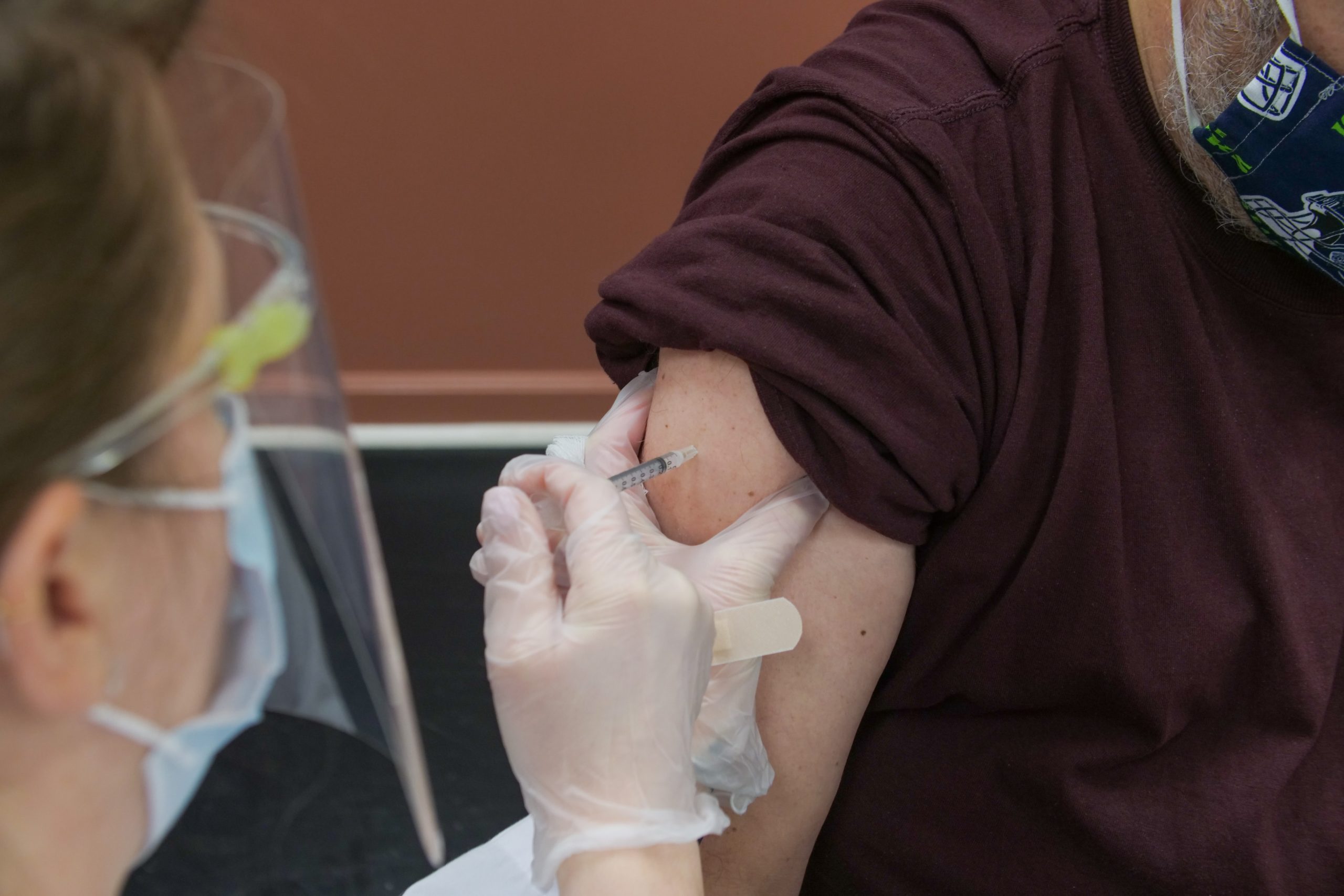The COVID-19 booster shot is an extra vaccine dosage approved by the Food and Drug Administration to maximize protection against the coronavirus and strengthen the vaccine’s durability against the highly transmissible omicron variant. The Centers for Disease Control and Prevention (CDC) has authorized Americans 16 years and older to receive a booster shot, which are available for free nationwide for eligible individuals.
Along with moving classes online for the first two weeks of winter quarter, Stanford also mandated on Dec. 16 that eligible students show documentation of a booster shot by Jan. 31, unless they have a medical or religious exemption. Winter quarter begins on Jan. 3, and in-person classes are slated to resume Jan. 18.
While Stanford employees are not yet required to receive a COVID-19 vaccine booster, the University is strongly encouraging all eligible individuals to receive a booster shot. Stanford officials will provide additional guidance on booster shots for employees after its winter close, which ends Jan. 3.
Where can I get a booster shot?
State-run vaccination centers offer walk-in or scheduled appointments for booster shots. You can use your state’s health department website for vaccination locations and updates on COVID-19 restrictions. You can also use this federal government search resource to find nearby vaccination locations. Stanford students, faculty and staff can also receive a booster shot through Stanford Health Care by making an appointment in the MyHealth portal.
Booster shots are also widely available at pharmacies across the nation such as CVS Pharmacy, Walgreens, Walmart and H-E-B Pharmacy. These local pharmacies allow you to select your preferred vaccine and may ask you about previous vaccinations. The CDC allows mix and match dosing for booster shots, regardless of initial dose.
What should I bring to my booster appointment or walk-in?
Anyone seeking a booster vaccine should bring a CDC COVID-19 Vaccination Record Card to show proof of two doses of the Pfizer-BioNTech or Moderna mRNA vaccine, or a single dose of the Johnson & Johnson vaccine. The vaccine provider will record your booster shot on the vaccination card. Not all vaccination sites have the same requirements, however, so it is safest to consult the site’s website for specific instructions on what to bring, since some locations have varied requirements. Some locations may ask for proof of identity such as a driver’s license or other state-issued ID, along with a health insurance card, if applicable. However, COVID-19 vaccines are free for every person residing in the United States, even for those who do not have insurance.
What other precautions should I take besides the booster shot?
While the emergence of the highly transmissible omicron variant is cause for concern, experts say new studies show that omicron infections are milder than those of the delta variant — vaccinated individuals are up to 70% less likely to be hospitalized. Though public health experts are urging the public to get vaccinated and receive a booster shot, they are also recommending additional measures to guard against infection. Stanford infectious disease professor Jorge Salinas recommended in an interview with ABC News that the public refrain from gathering and traveling amid the risks posed by omicron. If a gathering is necessary, he said, everyone should be fully vaccinated, which includes the booster shot, and windows and doors should remain open for ventilation.
The surge in omicron infections has prompted some states to impose restrictions to mitigate COVID-19 transmission. Rhode Island officials announced a mask mandate that went into effect on Dec. 20, and California reinstated its indoor mask mandate on Dec. 15. Eight states — California, Hawaii, Illinois, Nevada, New Mexico, New York, Oregon and Washington — require masks in indoor public places regardless of vaccination status. A mask mandate is in effect for unvaccinated individuals in Connecticut.
